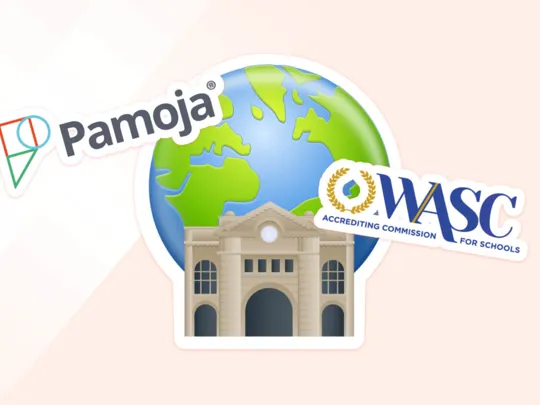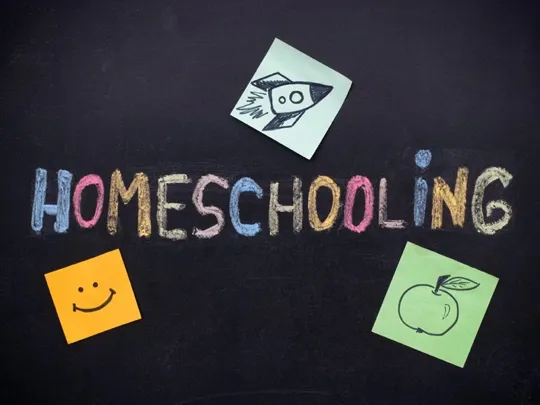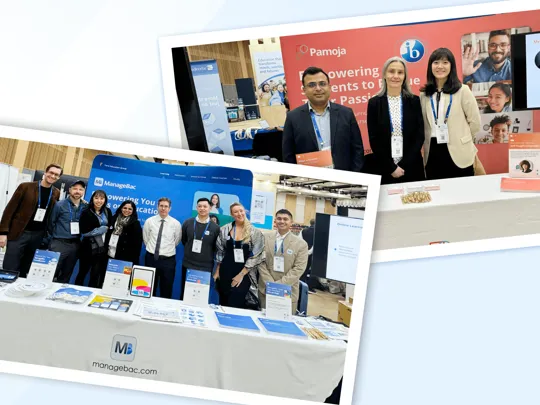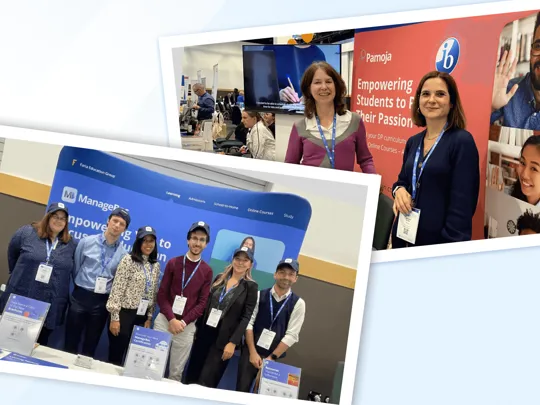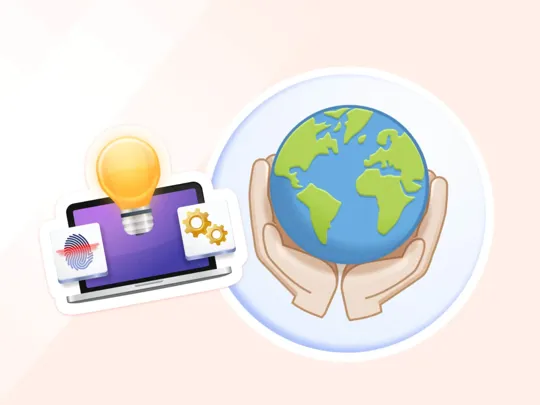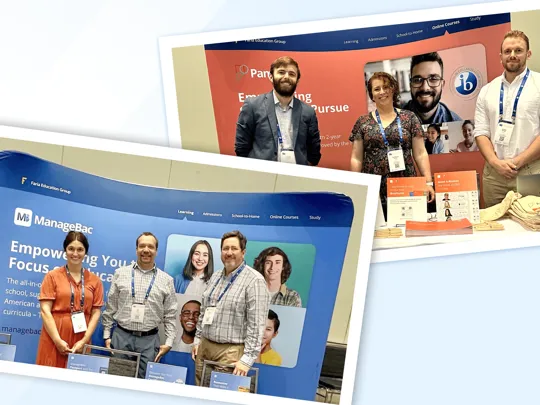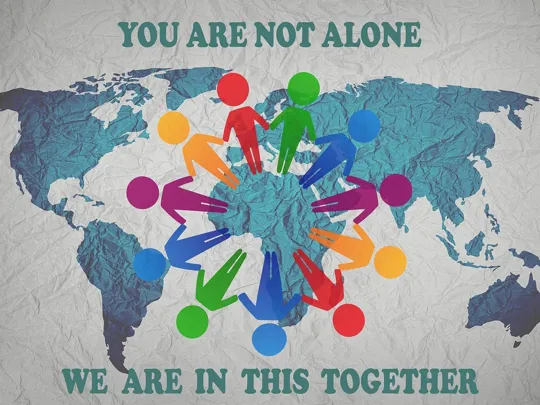At Pamoja, we are proactively engaged with critical issues facing the EdTech sector, including how online learning might compliment the study habits of Gen Z students.
In this article, we take a look at how this generation is adopting online tutoring technology to enhance their learning, providing a model of education that is flexible and fits into their busy schedules as well as ensuring their academic success.
What is online tutoring?
The K-12 online tutoring market is booming around the world, with recent research estimating that it will grow by 12% per year over the next five years – an increase of $60bn USD.
By breaking down geographic barriers and moving beyond the limits of local teaching expertise, online tutoring is an especially valuable tool for those looking to supplement their in-person studies in the developing world. Students globally are also increasingly signing up to online tuition early in their secondary education.
Why is online tutoring so popular?
There are several reasons behind the growth in the popularity of online tutoring. Of course, rising internet usage in households around the world has helped make it possible. Another reason is the increasing emphasis on STEM education, and the academic support that online tutoring can give to students studying these subjects – helping them thrive in highly competitive university entrance exams, as well as opening up increased job opportunities.
But the most compelling reason is the motivations and behaviours of those who are driving the rise in demand: Generation Z.
Who are Gen Z?
Widely defined as those born between 1995 to 2010, Generation Z is the largest generation in the world, comprising 32% of the global population. They are also the first to have grown up as true digital natives – immersed in digital technology, the internet and social media throughout their lives.
Exposure to technology from an early age has produced a generation that expects connectivity and instant access as standard, but one that is also comfortable with collecting and cross-referencing many sources of information – as well as integrating online and offline experiences.
The vast amounts of information at Gen Z’s disposal are allowing them to be more analytical in their decision-making than previous generations, with 65% of those surveyed in a report from McKinsey last year saying they place particular value on knowing what is going on around them, and being in control.
Raised at a time of global economic stress, Generation Z are also more responsible and pragmatic than their predecessors the Millennials, keenly aware of the need to save for the future as well as tending to value job stability over higher salaries.
It’s no surprise then that this generation are particularly comfortable with online tutoring. The flexibility and instant access that online tutoring offers is ideal for responsible and independent Gen Z learners, who are looking to supplement their day-to-day studies and are used to seamlessly integrating online and offline experiences.
How is online tutoring developing to meet Gen Z's needs?
The online tutoring market is rapidly developing and expanding, with more and more features and tools becoming available to meet young people’s needs – including self-assessment tools, chat features, interactive whiteboards, and file sharing. These are particularly important for Gen Z students who have made technology a central part of their lives.
These tools are enabling young people to access exactly what they’re looking for in terms of study and career development, as well as providing parents with more options to support their child’s academic achievements.
Benefits and drawbacks of online tutoring
Young people should nevertheless consider the pros and cons of online tutoring, to ensure it best meets their needs. Technical issues, the availability and reliability of quality tutors, and maintaining motivation when learning online are just some potential challenges students should bear in mind.
On the other hand, some advantages are: the flexibility to access tutoring around busy schedules; greater access to multiple experts on certain subjects; and tailored study packages that save time and money by not committing students to strict in-person appointments they may not need.
Disrupting education for Gen Z students
Just like Millennials before them, Generation Z are disrupting how education is delivered, and it is the responsibility of educators and EdTech organisations to understand and meet their needs.
A Barnes and Noble College study of 1,300 American middle and high school students found that Gen Z expect on-demand services with low barriers to access. Learning for this cohort isn’t limited to just the classroom – it can take place anywhere, at any time.
This generation also tend to be more career-focused early on, and are increasingly becoming the directors of their own futures – with almost 13% surveyed in the study already owning their own business, and a further 22% plan to start a business in the future.
Educators must consider all these factors when trying to reach this key group of learners. They must understand Generation Z’s online and social media habits, provide meaningful up-to-date educational content, and adopt the highest possible level of personalisation, in order to make the biggest impact.










